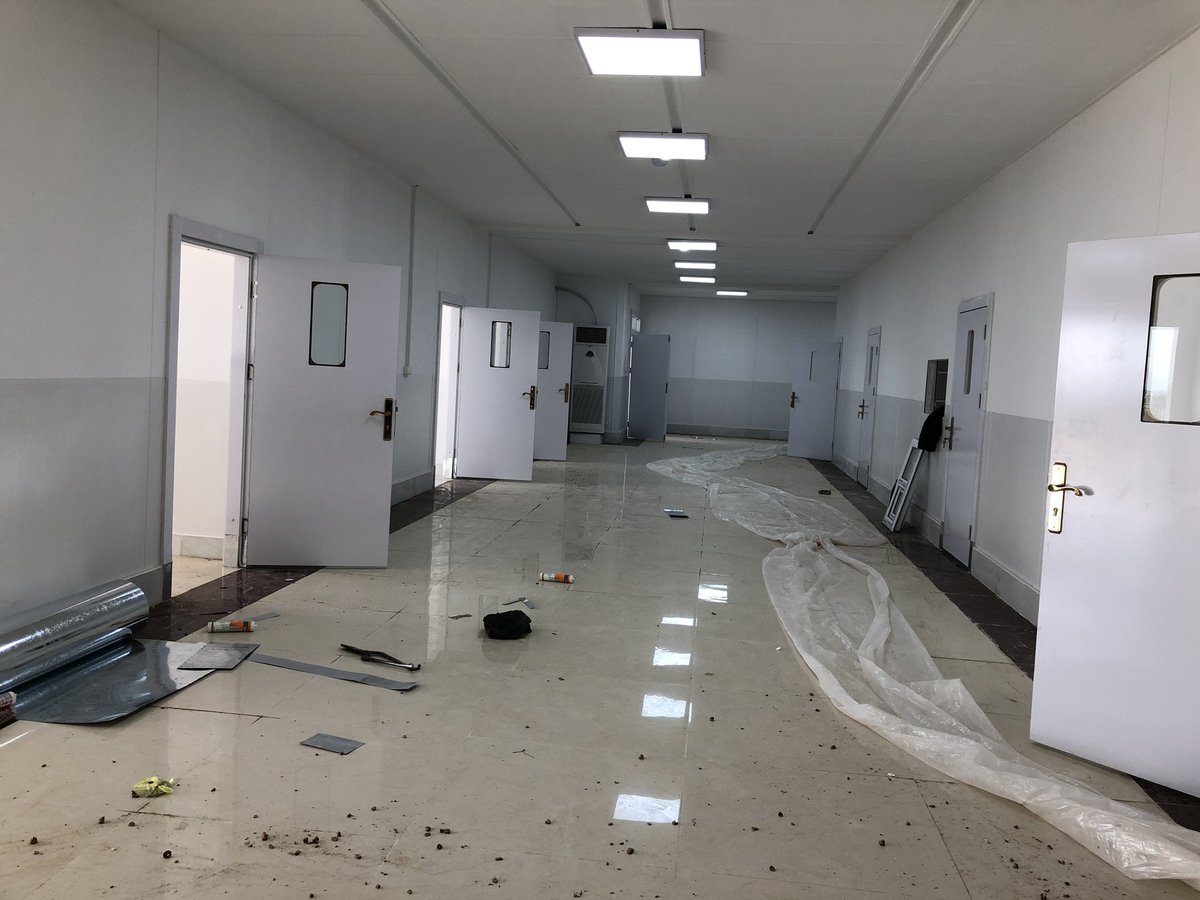1. Here& #39;s our @NYTmag piece from Herat: what happens when the pandemic comes to a country mired in armed conflict, political instability, and deep poverty?
Photographs: @kianahayeri
(I& #39;ll be sharing some observations & field notes in this thread later) https://www.nytimes.com/interactive/2020/04/22/magazine/afghanistan-coronavirus.html">https://www.nytimes.com/interacti...
Photographs: @kianahayeri
(I& #39;ll be sharing some observations & field notes in this thread later) https://www.nytimes.com/interactive/2020/04/22/magazine/afghanistan-coronavirus.html">https://www.nytimes.com/interacti...
2. The most obvious reality casting shadow on efforts to tackle Covid-19 in Afghanistan: the war sucking up all the resources.
In the 2 weeks we were following this story, the Taliban carried out about 500 attacks in 9 provinces worst hit by Covid-19.
https://www.nytimes.com/interactive/2020/04/22/magazine/afghanistan-coronavirus.html">https://www.nytimes.com/interacti...
In the 2 weeks we were following this story, the Taliban carried out about 500 attacks in 9 provinces worst hit by Covid-19.
https://www.nytimes.com/interactive/2020/04/22/magazine/afghanistan-coronavirus.html">https://www.nytimes.com/interacti...
3. We actually went to Herat with a sense of optimism -- the gov in Kabul was saying things were under control.
What we found was a scarily huge gap between "role-model management" Kabul was proclaiming and a system -- long corrupt, complacent & dependent -- totally overwhelmed.
What we found was a scarily huge gap between "role-model management" Kabul was proclaiming and a system -- long corrupt, complacent & dependent -- totally overwhelmed.
4. Kabul was talking about the millions of $$ sent to Herat right away as emergency money.
In Herat, there was no capacity to spend. And: for weeks after the $$ was dispatched, officials couldn& #39;t tap into it - stuck in trying to ease the overly centralized procurement processes
In Herat, there was no capacity to spend. And: for weeks after the $$ was dispatched, officials couldn& #39;t tap into it - stuck in trying to ease the overly centralized procurement processes
5. In Kabul, the gov, in slick videos & graphics, announced the new hospital (100 beds, hugely impressive, even VIP rooms) was erected in 18 days and “delivered for use”.
We visited a week later -- it was empty; no beds. Officials in Herat didn& #39;t know of a plan for staffing it.
We visited a week later -- it was empty; no beds. Officials in Herat didn& #39;t know of a plan for staffing it.
6. Compared to even Kabul, the lockdown in Herat felt non-existent — very different from what officials had showed on their Facebooks. Many shops were closed. But there were traffic jams & side-walks were packed.
As one official told us: "we disrupted the economy, not the virus.”
As one official told us: "we disrupted the economy, not the virus.”
7. President Ghani was alarmed by the vulnerability of Afghanistan very very early. He took Covid-19 seriously (he actually lives for tackling these kind of challenges, getting into the weeds of it).
Yet, he was too undermined already by his own politics for this crucial moment.
Yet, he was too undermined already by his own politics for this crucial moment.
8. The main fight for Ghani& #39;s inner circle -- between blame-game for the expensive narrow election victory & disagreement on shares of new gov -- was Abdullah.
So much so that Ghani seriousness on Covid-19 was undermined right away: packing 1000s people into Arg for inauguration
So much so that Ghani seriousness on Covid-19 was undermined right away: packing 1000s people into Arg for inauguration
9. The minister of health -- hard-working, but stuck in regular clashes with his deputies -- has been running a health sector for decades subcontracted to NGOs for even its most basic services around the country.
He was, all of a sudden, asked to make sure government is in lead.
He was, all of a sudden, asked to make sure government is in lead.
10. If you look at the current basic health services around the Afghanistan, most of it is implemented by NGOs.
In this reality, President Ghani and his VP Saleh basically asked UN, WHO etc to take a back seat -- essentially asking that health ministry to step up overnight.
In this reality, President Ghani and his VP Saleh basically asked UN, WHO etc to take a back seat -- essentially asking that health ministry to step up overnight.
11. President Ghani& #39;s feelings about the UN& #39;s inefficiency has never been secret -- he has often lashed out at them in meetings.
But their position also felt in response to the US using aid as pressure tactic -- Ghani and Saleh made this about a show of ability and sovereignty.
But their position also felt in response to the US using aid as pressure tactic -- Ghani and Saleh made this about a show of ability and sovereignty.
12. It created a bizarre, disconnected reality.
In Kabul, Vice President Saleh said "don’t need WHO to show my nation how to wash their hands ".
In Herat, for days the labs had stopped because they had run out of RNA extraction tubes and were at mercy of...you guessed it: WHO.
In Kabul, Vice President Saleh said "don’t need WHO to show my nation how to wash their hands ".
In Herat, for days the labs had stopped because they had run out of RNA extraction tubes and were at mercy of...you guessed it: WHO.

 Read on Twitter
Read on Twitter









